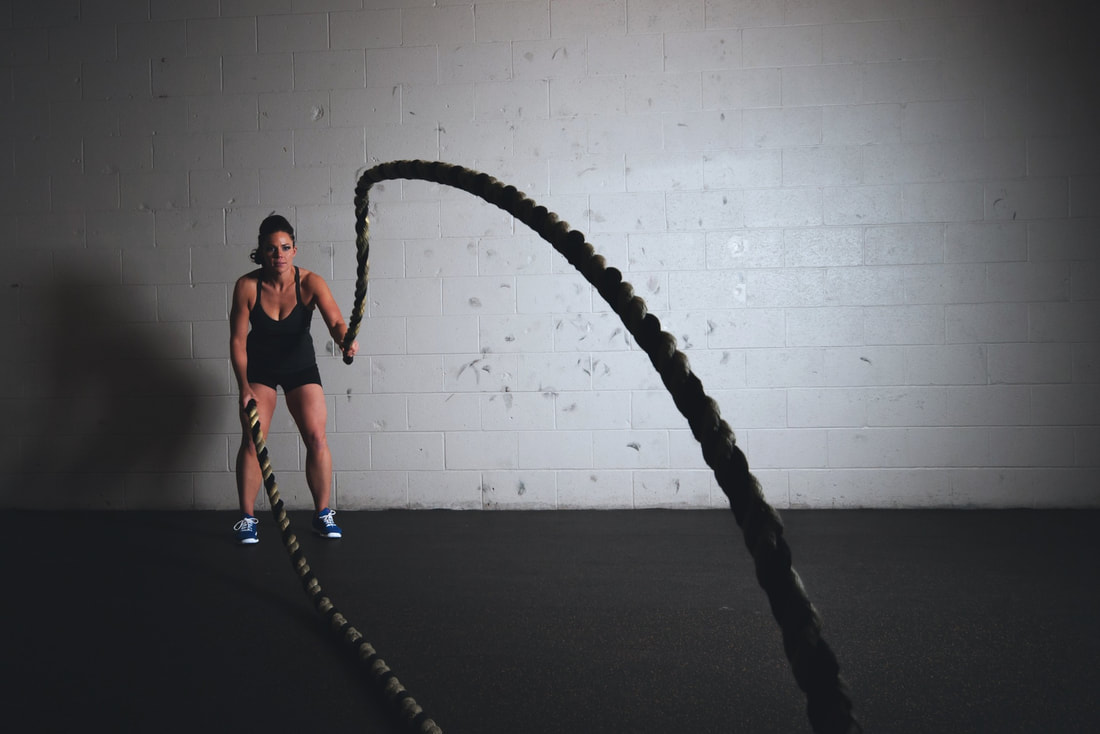When I was in high school, I was a track and cross-country athlete. I was not a large kid. And when I graduated back in 2002, at a height of 5’9 ½ (don’t you dare short-change me that half-inch!), I was 140 pounds and that was a direct result of my awesome two-day a week weight room regimen of two sets of bicep curls and three sets of talking with my friends. And while I wasn’t the fastest in the country, in the state, or even on my own team, I could run a pretty quick 5K despite my lack of strength training. Fast forward to college, where I spent the majority of my first four months in the weight room and the cafeteria, which resulted in a 35lb weight gain by the time Thanksgiving came around.
As you can tell from this story, my goals and focus in high school were different from my goals and focus in college. As a high school cross-country athlete, my goals were to be best distance runner possible and I felt that lifting was a barrier to achieving that. When I entered the world of collegiate track and field, my goal was to gain muscle mass and strength to make myself stronger and more explosive for multi-event competitions like the Decathlon. Now that I’m a coach, I realize that my biggest mistake was thinking that strength training meant abandoning my ability run distance! I used to believe that weight training had no place for endurance athletes and the only strength gains that were important were the adaptations that took place during a run. This was a mindset that I, and many other distance runners, had despite the overwhelming scientific evidence disproving this theory.
As you can tell from this story, my goals and focus in high school were different from my goals and focus in college. As a high school cross-country athlete, my goals were to be best distance runner possible and I felt that lifting was a barrier to achieving that. When I entered the world of collegiate track and field, my goal was to gain muscle mass and strength to make myself stronger and more explosive for multi-event competitions like the Decathlon. Now that I’m a coach, I realize that my biggest mistake was thinking that strength training meant abandoning my ability run distance! I used to believe that weight training had no place for endurance athletes and the only strength gains that were important were the adaptations that took place during a run. This was a mindset that I, and many other distance runners, had despite the overwhelming scientific evidence disproving this theory.
Don’t get me wrong, a strength training program for runners and endurance athletes looks different than the strength training program of competitive power lifters and bodybuilders. However, the exercises can tend to look very similar. A runner’s goal should be to increase relative and functional strength, as well as minimize the likelihood of injury, resulting in faster and more enjoyable running throughout your life. It’s also important to note that strength training isn’t limited to barbells and dumbbells; body weight movements provide crucial strength adaptations that any athlete needs to get their body moving better. The key to strength training for runners is to recognize that when you lack strength in certain areas, it directly affects your ability to run your best.
Do any of the following things apply to you at any point during a run?
If you answered “yes” to any of the above, it is most likely because of muscular fatigue and it can happen to anyone over the course of a race of any distance if they aren’t incorporating strength training. The idea is to train the muscles to be able to stave off this fatigue longer and improve the efficiency of your running over that set distance.
It’s well past time to drop the old myths that strength training and running don’t go together and embrace the importance of being a strong runner! The coaches at Windsor Running can help guide you to an effective strength training regimen that will be able to significantly aid in your ability to run, as well as provide you with a stronger frame to stave off injury and tackle all challenges one encounters over the course of a lifetime. With us, You will.
Coach Adam
Do any of the following things apply to you at any point during a run?
- Does your stride change over the course of a run?
- Do your arms flare out from the side of your body?
- Do you tend to lean forward over the course of a run?
- Do you find your shoulders moving up and down during a race?
- Does your head start to wobble or rotate?
- Do you have pain or soreness and injuries in shins, lower back, shoulders, legs?
If you answered “yes” to any of the above, it is most likely because of muscular fatigue and it can happen to anyone over the course of a race of any distance if they aren’t incorporating strength training. The idea is to train the muscles to be able to stave off this fatigue longer and improve the efficiency of your running over that set distance.
It’s well past time to drop the old myths that strength training and running don’t go together and embrace the importance of being a strong runner! The coaches at Windsor Running can help guide you to an effective strength training regimen that will be able to significantly aid in your ability to run, as well as provide you with a stronger frame to stave off injury and tackle all challenges one encounters over the course of a lifetime. With us, You will.
Coach Adam


 RSS Feed
RSS Feed